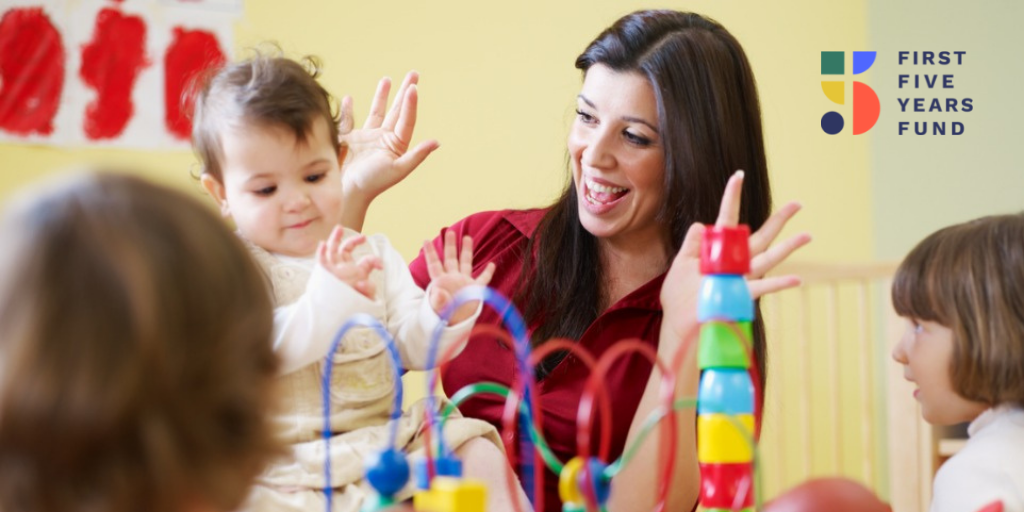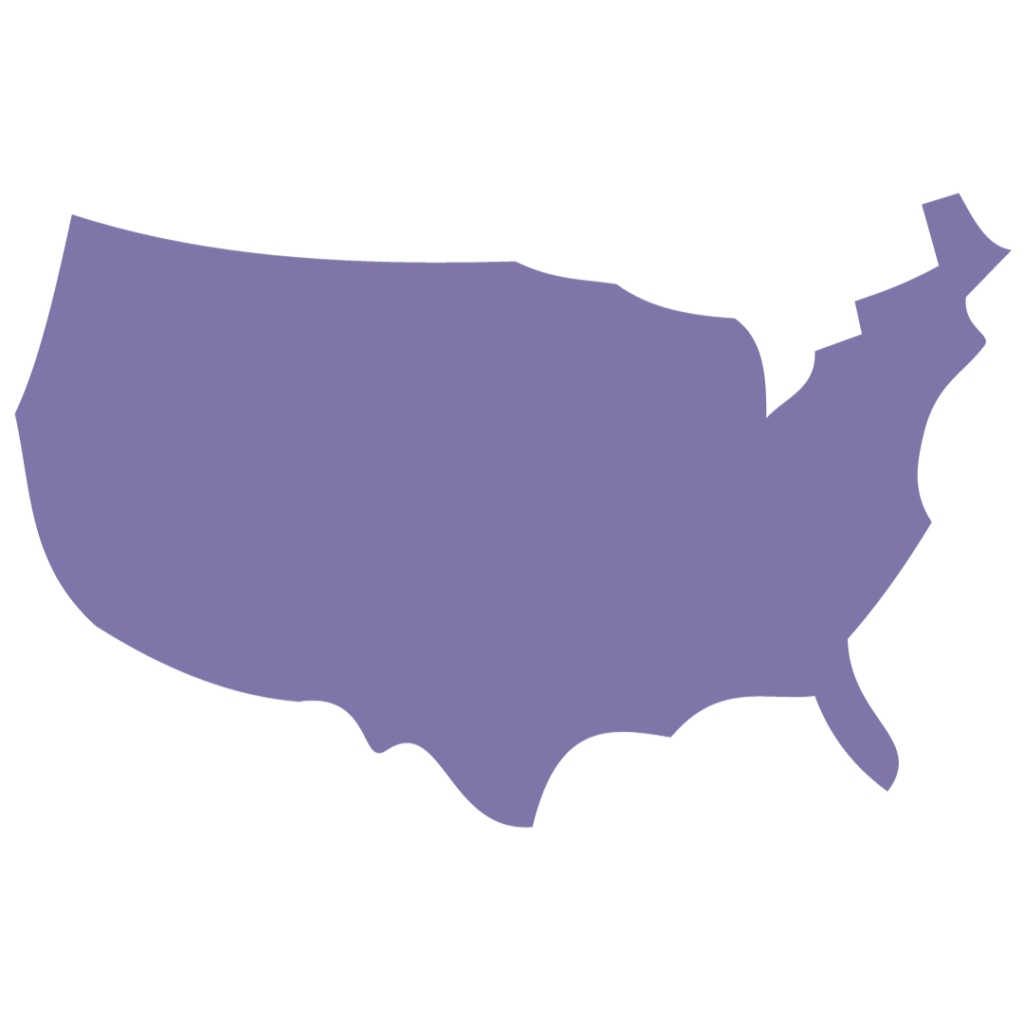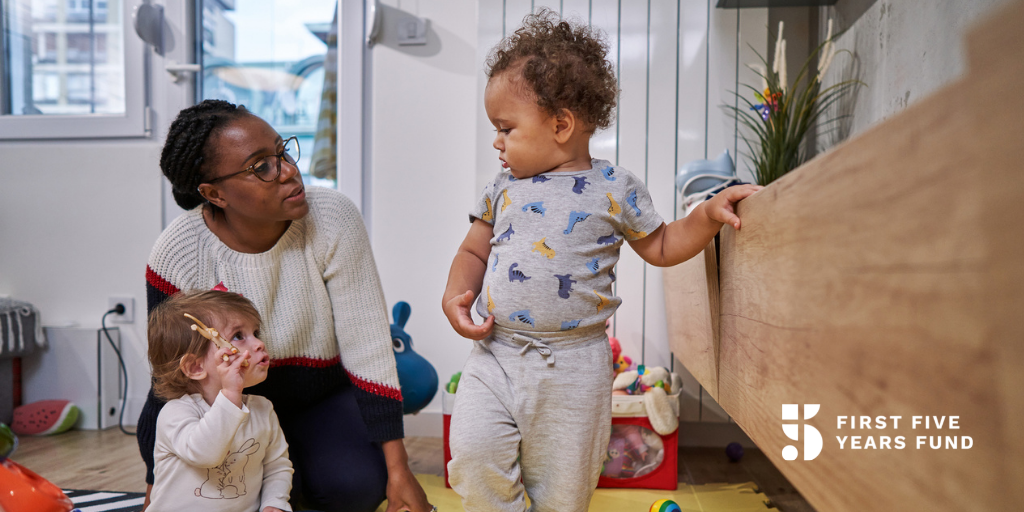NIEER Study Shows Preschool Participation Has Returned to Pre-Pandemic Levels

A new survey from The National Institute for Early Education Research (NIEER) found that fall 2022 preschool participation rates have returned to pre-pandemic 2019 levels. According to NIEER’s Preschool Learning Activities Surveys, approximately 61% of children ages 3 through 5 not yet in kindergarten were enrolled in preschool in the fall of 2022 (54% of 3-year-olds, 65% of 4-year-olds, and 65% of 5-year-olds).
This increase is encouraging as enrollment in state-funded preschool nationwide decreased by 298,000 children, or 18%, in the 2020-2021 school year as the COVID-19 pandemic intensified problems in preschool enrollment, funding, and quality. It is critical that young children have access to high-quality early care and learning opportunities. Research shows that preschool allows children to build foundations for success in school and life while also allowing parents to work or attend school and pursue greater economic security. However, many young children and their families face a variety of barriers in accessing preschool such as a lack of information about care, prohibitively high costs, inaccessible or inconveniently located programs, lack of nontraditional hours programs, and a limited supply of high-quality care options that meet their needs.
Source: NIEER
Despite more children participating in preschool since 2020, NIEER found that preschool participation rates among families earning below $25,000 were lower than for families with higher incomes. The number of children in low-income families enrolled in preschool has not recovered as much as it has for families reporting higher incomes. Prior to the pandemic, 47% of young children in families with incomes below $25,000 were enrolled in preschool, compared to just 35% in the fall of 2022.
Source: NIEER
Given there may be a variety of factors affecting preschool enrollment, NIEER’s survey found that the top reasons parents did not enroll their children in preschool in the fall of 2022 included having one parent home (82%), cost and lack of affordable options (41%), and continuing concerns about the pandemic (35%). High cost and lack of affordable child care options are pressing issues for many families, as 81% of families said they were very likely or somewhat likely to enroll their child in a free, affordable pre-K program if it were available in a spring 2021 survey. Black families, Hispanic families, and families reporting incomes of less than $25,000 per year were more likely to report being very likely to participate.
As the nation recovers from the effects of the COVID-19 pandemic and seeks to support young children, build a robust workforce, and strengthen the economy, it is critical that Congress supports efforts to ensure all children have the opportunity to benefit from a range of high-quality early learning options, including preschool.
Subscribe to FFYF First Look
Every morning, FFYF reports on the latest child care & early learning news from across the country. Subscribe and take 5 minutes to know what's happening in early childhood education.



